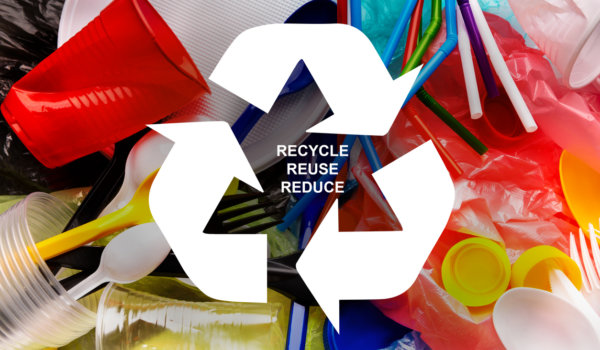By Dr. Joachim Arnold & Jens Manke
Germany announced in a surprising turn of events an economic stimulus package of historic size – never in its history has any German government set out a larger package to kick-start the economy: €130bn of extra spending, tax cuts and help for businesses including a €50bn future package bound to re-ignite growth and similarly “transform” the German economy. The stimulus makes Germany an outlier in Europe as none of its neighbours have yet moved from emergency aid programmes to fiscal policies for post-pandemic recovery.
Typically, Germany has taken a conservative approach to tax and spending policy – especially in recent years with the “black zero” policy of no additional debt. Now, as Germany is heading for its worst recession in 70 years with GDP expected to shrink 6.3% this year, it has pulled out a stimulus package that together with the €750bn rescue package agreed in March 2020 is equivalent to more than 10% of its GDP.
The so-called “Ka-Boom” stimulus, as named by Germany’s finance minister Olaf Scholz, is built on a recovery package with four pillars….
- Kickstarting consumption and unleashing economic growth among others through a VAT reduction from 19% to 16% from 1 July to 31 December 2020, substantial range of tax reliefs and favourable depreciation as well as subsidised electricity costs.
- Supporting families and young adults including One-off child allowance and a total €3bn investments in childcare infrastructure.
- Minimizing Economic and Social impact of the pandemic encompassing mainly a €25bn program of interim financial assistance for businesses in COVID-19 distressed industries.
- Funding communities with Federal government compensating 50% of the forgone taxes on local level as well as strengthening both public transport and the health sector.
…and a “transformative” future package.
A total of €50bn under the programme is earmarked for a package for the future with tax breaks for R&D activities, development of quantum computing and artificial intelligence as well as a program for digitalisation of public administration. Stepping up the use of hydrogen power and promoting energy efficiency investments and a mobility incentive program are also part of the package. Climate-related spending clearly sits at heart of the stimulus package which might be the most impactful part of the programme and aligns with the country’s landmark energy transition.
The future package further includes increased subsidies for electric cars to encourage consumers to switch to cleaner vehicles as well as a program to expand charging infrastructure. This will accelerate transformation of Germany’s mobility sector towards electric and reshape the most important industry. Refraining from a repeat of the “Abwrackprämie” (Car-Scrapping Bonus) which helped the Auto industry after the financial crisis caused an outcry and upset many but is a positive sign for a green mobility push. Inevitably this is putting pressure on businesses to adapt business models and products to shifting demands.
The expansion of hydrogen power technology is another transformative element of the package, aimed at “making Germany the world’s supplier of state-of-the-art-hydrogen technology” with a public budget of €7bn. Building international partnerships plays a key role of the “national hydrogen strategy”.
For everyone in economic development and international business, there is no doubt that as a result we will see major economic shifts and investments in fields such as AI, Green Mobility and Hydrogen Technologies in Germany. This will have implications for the re-configuration of industrial supply chains, the emergence of new companies that enter the global market with advanced technologies but also leave those behind that fail to diversify and innovate their business.
The OCO Global Germany team is excited about the post-crisis prospects of supporting German government and institutions along the path to transforming industry structures as well as our clients and friends from across the world to tap into new opportunities developing business in Germany.
Please get in touch if you want to learn more about the “Ka-boom”-stimulus package and how it might affect you doing business in Germany. Our Director for Germany Jens Manke would be happy to hear from you.
![]() We will also be running a regular audio broadcast of market and insight updates over the coming weeks to keep our followers up to speed on developments. To register your interest please click HERE and we will ensure you are notified.
We will also be running a regular audio broadcast of market and insight updates over the coming weeks to keep our followers up to speed on developments. To register your interest please click HERE and we will ensure you are notified.



